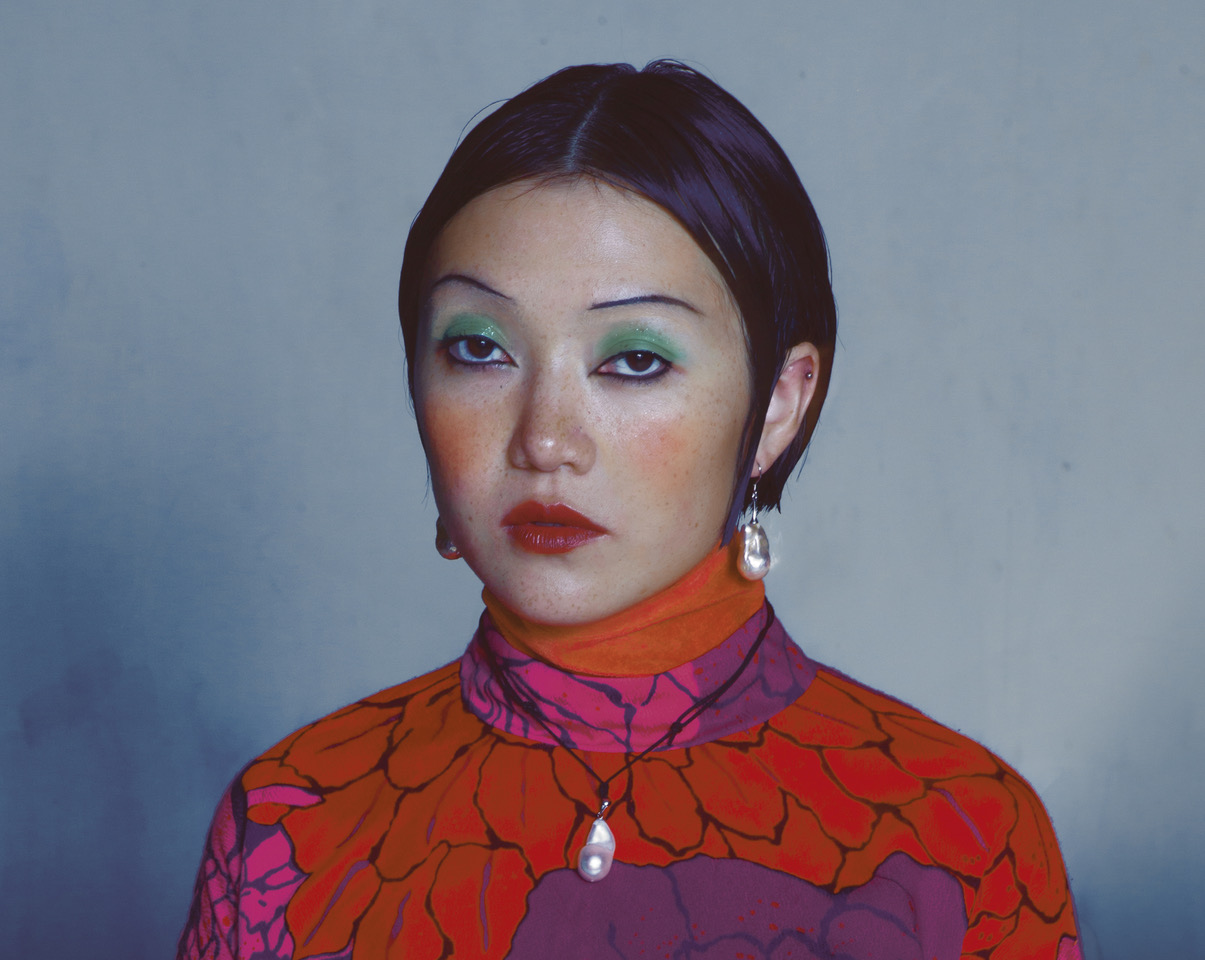
UNSW Master of Fine Art (MFA) student Rainbow Chan also happens to be an award winning, versatile pop artist.
A fixture of Sydney’s electronic music scene since 2012, Chan’s debut record Spacings (2016) scored 4 stars from Rolling Stone. The performer has been nominated for numerous awards, including FBi SMAC 2016 for Best live Act, Record of the Year, and AIR 2017 Best Dance/Electronica Album. Her single Let Me won SMAC Best Song of 2017.
Chan has just released her second album, Pillar, which has been described as experimental pop.
“I think my music sort of sits between things so it’s hard to pinpoint, but I feel I gravitate towards hybridity,” she says.
“To me, the club is not merely a place of hedonistic enjoyment, but a dynamic site of soft power and economic exchange. Pop music needs no translation – it is a shared, embodied language in its own right…At a time when our world stands increasingly divided, I see pop music as providing a unique junction of desires, rituals and marginalised voices that transcend language and – if done right –momentarily unites us.”
The Hong Kong-born artist, who came to Australia with her family when she was six, works across music, performance and installation. She is interested in mistranslations, diaspora and the effects of globalization on modern Chinese society, as well as how music and art intersect.
Chan is examining how the concepts of creativity and originality are negotiated across different cultural contexts in her MFA.
“I see my practice as situated in a wider conversation about lived and imagined experiences of diasporic communities – an MFA seemed like an appropriate space to deepen this research,” she says.
On ongoing theme in her work is the potential for bootlegs to be more innovative or utilitarian than the original, despite their illegality.
“Specifically, I am fascinated by Chinese copyright infringements and how their narratives circulate in global media,” she says. “I am interested in re-imaginings that improve the ‘real thing’ by meeting local demands.”
Chan says her work sits at the intersection of cultural theory, media theory and feminist theory.
She has created an interdisciplinary installation comprising of music, sculpture, photo media and performance for her MFA work Gloss.
“I borrow images of fake designer goods in fashion photography, on social media and in advertising, as well as low quality bootlegs of pop music, highlighting the inherent creativity and resistance within these practices of ‘misuse’ and mistranslation. I propose knock-off goods as a metaphor for the impacts of Westernisation on modern China, revealing how the counterfeit product poses a key threat to the West’s ideas of authorship and profit, and challenging the way power is constructed and propagated. Ultimately, I feel that the counterfeit offers a unique perspective on counterfeits and creativity in post-socialist China.”
Chan is also interested in US academic Robin James’ notion of “feminine resilience” in pop music.
“(James) argues that pop music can subvert labour economies by exploiting ‘damage’ as a profitable spectacle,” Chan says.
Chan’s installations have been exhibited with Firstdraft Gallery, Liquid Architecture, 4A Centre for Contemporary Asian Art and Longli International New Media Arts Festival, China. She has performed at the Sydney Opera House, Museum of Contemporary Art, Gallery of Modern Art, Art Gallery of New South Wales, Museum of Old and New Art, Iceland Airwaves and National Taiwan Museum of Fine Arts.
The artist is a passionate mentor in electronic music and teaches in Contemporary Music Studies at Sydney Conservatorium.
Chan originally completed a Bachelor of Arts in English and Music (Honours) at the University of Sydney.
“Doing an arts degree gave me more flexibility to examine music through a socio-political lens, rather than emphasising the theoretical and practical components,” she says. “While I didn’t have to study a specific instrument, I focused on singing, composition and digital music. This was my introduction to electronic production and ignited my love for experimentation in that genre.”
The highlight of her career has been the ability to travel for her work and “collaborating with amazing and crazily talented people”.
Her aim is to establish a meaningful and sustainable practice that encourages critical dialogue “but also tugs at your heartstrings”. “Also, I want to remix Kylie Minogue or Björk one day.”
Listen to Chan’s latest album Pillar.
